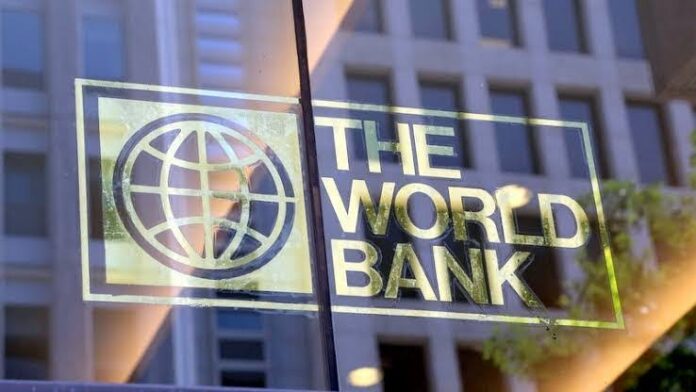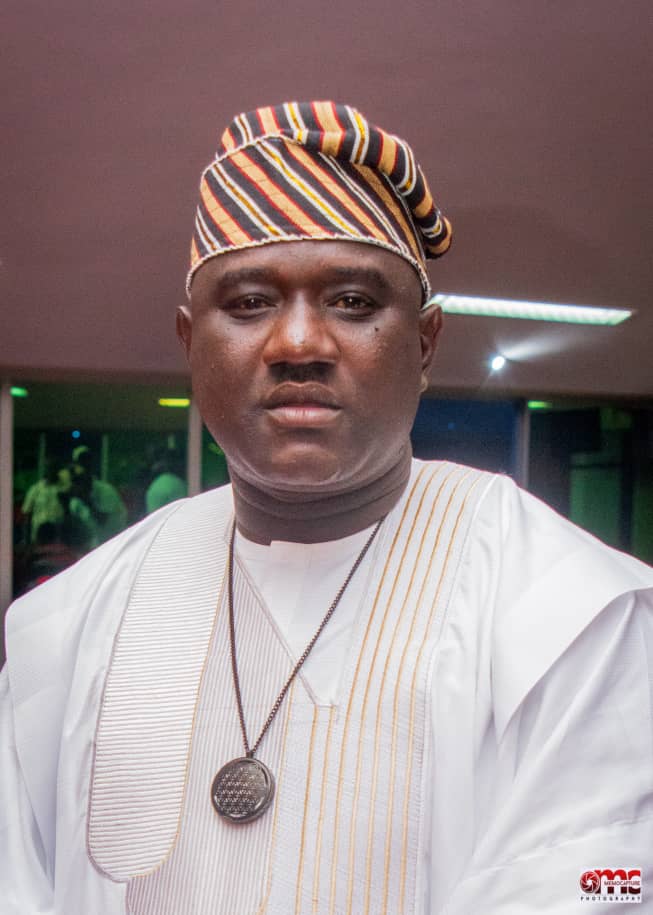By Aliyu Galadima
Minister of State for Environment, Dr Iziaq Salako has stated that a new chapter has begun in waste management in Nigeria with the unveiling of plastic waste reverse vending machines ,RVMs.
Salako, who commissioned the machines, stated that they are cutting-edge solutions in waste management.
The Plastic Waste Reverse Vending Machines were produced under the United Nations Industrial Development Organisation ,UNIDO, Project: “Promoting Sustainable Plastic Value Chains through Circular Economy Practices”.
The Minister noted that the reverse vending machine represents not just a tool, but a symbol of the commitment to a cleaner, greener, and more sustainable future for Nigeria.
“We are taking an important step forward in our collective fight against plastic pollution. As we stand together, this reverse vending machine represents not just a tool, but a symbol of our unwavering commitment to a cleaner, greener, and more sustainable future for Nigeria”, he said.
Highlighting the importance of reverse vending machines, Salako stated that they are a powerful technology that encourages proper waste disposal amongst the citizens.
“Reverse vending machines ,RVMs, are cutting-edge solutions in waste management.
“They are automated machines that collect and process recyclable materials, particularly plastic bottles, cans, and glass containers.
“They allow individuals to deposit bottles and other recyclable materials, receiving a reward in return. This simple yet powerful technology encourages proper waste disposal and creates a culture of recycling, where each citizen can actively participate in protecting our environment.
“Beyond its environmental impact, this machine promotes the concept of circular economy as well as increased recycling rates, reduced litter and waste, convenient recycling process, encourages responsible waste management and provides valuable data on recycling patterns and number of unemployed youths engaged in the process”, he explained.
He noted that the use of the machines ensures cleaner communities, with fewer plastics littering the streets and waterways.
“There are also economic opportunities where jobs are created and local industries boosted, and increased public awareness where it fosters the mindset of responsibility and sustainability, especially for future generations.
“Instead of plastic ending up in landfills or polluting our oceans, it re-enters the production cycle, reducing the demand for new resources and minimizing our ecological footprint”, he said.
Salako who stated that the machine marks the beginning of a new chapter in waste management in the country noted, “With the unveiling of this machine which is locally fabricated by a team of young Nigerians, we are embracing local innovation and craftsmanship, and renewing our dedication to protecting our environment”.











